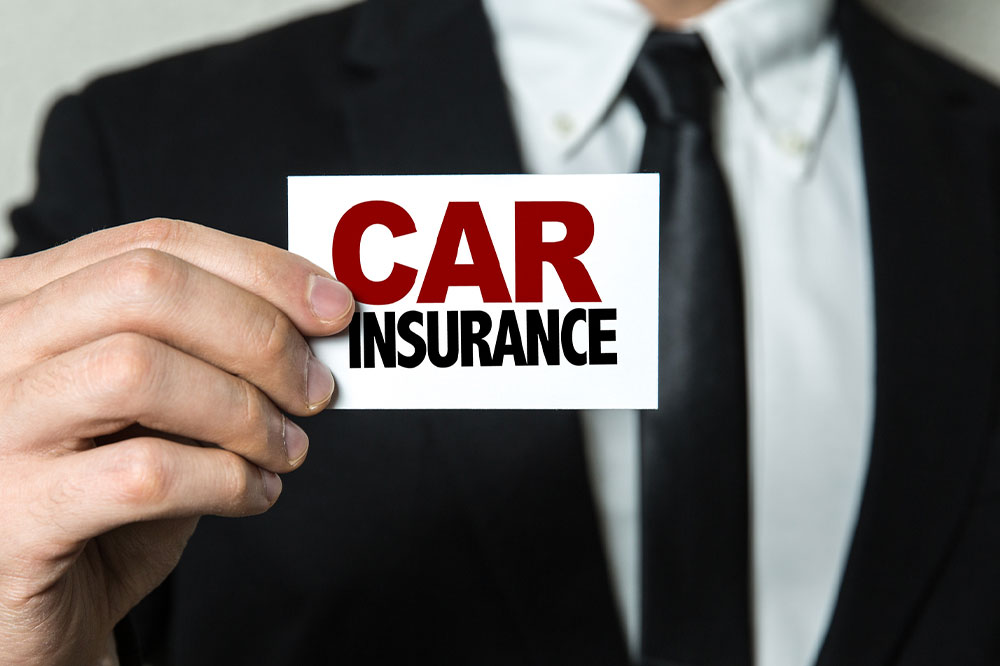Essential Tips Before Filing a Vehicle Insurance Claim
This article provides essential guidance on filing car insurance claims, including damage assessment, choosing the right policy, and navigating the claims process. It emphasizes the importance of informed decision-making and proactive steps to ensure fair compensation. Whether dealing with minor or major damages, understanding your policy and maintaining proper documentation can simplify claims and help maximize benefits. Practical tips and legal advice are included to help vehicle owners make well-informed insurance claims, avoiding common pitfalls and ensuring a smooth experience.

Key Considerations Before Making a Car Insurance Claim
With the rising number of vehicles on roads today, having a reliable car insurance policy has become essential. If you're involved in an accident resulting in vehicle damage, repairing it typically involves costs. Insurers can help cover these expenses through claims, saving you from out-of-pocket payments. However, not every claim guarantees a payout; the outcome depends on the circumstances, damage type, and policy terms. Being aware of these factors ensures a smoother claim process and appropriate compensation.
Understanding Car Insurance Coverage
The purpose of an insurance provider is to cover repair costs for damages sustained by your vehicle, provided you hold an active policy. Before initiating a claim, evaluate the damage and consider the circumstances surrounding the accident. Familiarize yourself with claims procedures and repair processes beforehand. Here are some important points to keep in mind:
Opting to pay for minor repairs yourself might be more cost-effective in the long run instead of filing a claim.
Every claim added to your insurance record can impact your renewal premiums, often increasing costs with each incident.
Should the damage be extensive, filing a claim is advisable. If another driver is at fault, gather their insurance and personal details and seek compensation through their insurer. If you're at fault, contact your own insurance company directly.
Quickly assess the damage and decide whether to claim insurance benefits. Acting promptly helps ensure necessary steps are followed efficiently. If another party caused the damage, your insurer might coordinate with their insurance to assist you. If you encounter issues with your insurer not providing adequate compensation, consulting an experienced insurance lawyer can help maximize your claim payout.
Many consumers focus solely on choosing top-tier insurance companies, but selecting a policy aligned with your needs, budget, and lifestyle is more crucial. The policy's coverage details matter more than the brand name when facing accident claims.
To find the best insurance quotes, research thoroughly. Talk to friends and family about their policies and premiums. Visit the websites of reputable insurers to review different plans. Comparing options allows you to select a policy tailored to your requirements.
Once a claim is approved, the insurer’s adjuster will inspect your vehicle to verify the damage. They may recommend repairs at certified shops affiliated with them. Repairs proceed only after your claim is officially authorized.
If the involved insurer contacts you, document every detail of your conversation. Recording the call (where permitted) can be valuable in dispute situations.
Remember, the suggested repair shop is merely a recommendation. You are not obligated to use it and can choose another shop. If you face pressure, you may report the issue to your state insurance department.










